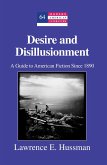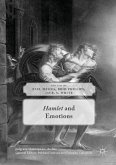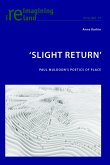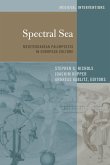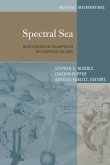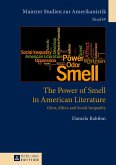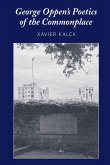The trials Anne Brontë experienced in her lifetime left her with a deep interest in the psychology of suffering. This study, which considers both her novels and her poetry, focuses on the exploration of suffering in her work by examining her anatomisation of the trials her characters face and the strategies they deploy to cope with them. The novel Agnes Grey is read as a study of a woman working in circumstances in which her professionalism is unacknowledged and denied, while The Tenant of Wildfell Hall depicts an individual who is trapped in a deeply alien and uncongenial environment. Equally, struggles to face adversity, achieve happiness and find and retain religious faith form the subjects of her poetry. The book concludes by considering the common ground between Brontë's heroines and their experiences and her overall views about how to confront life and its trials.
«Butterworth's book is a welcome contribution to our appreciation of Anne Brontë's talents. She stands out strongly here: self-possessed, compassionate and clear-sighted, speaking to us now about life as we find it, rather than as we would hope it to be.» (Graham Watson, Brontë Studies 45/3, July 2020)


